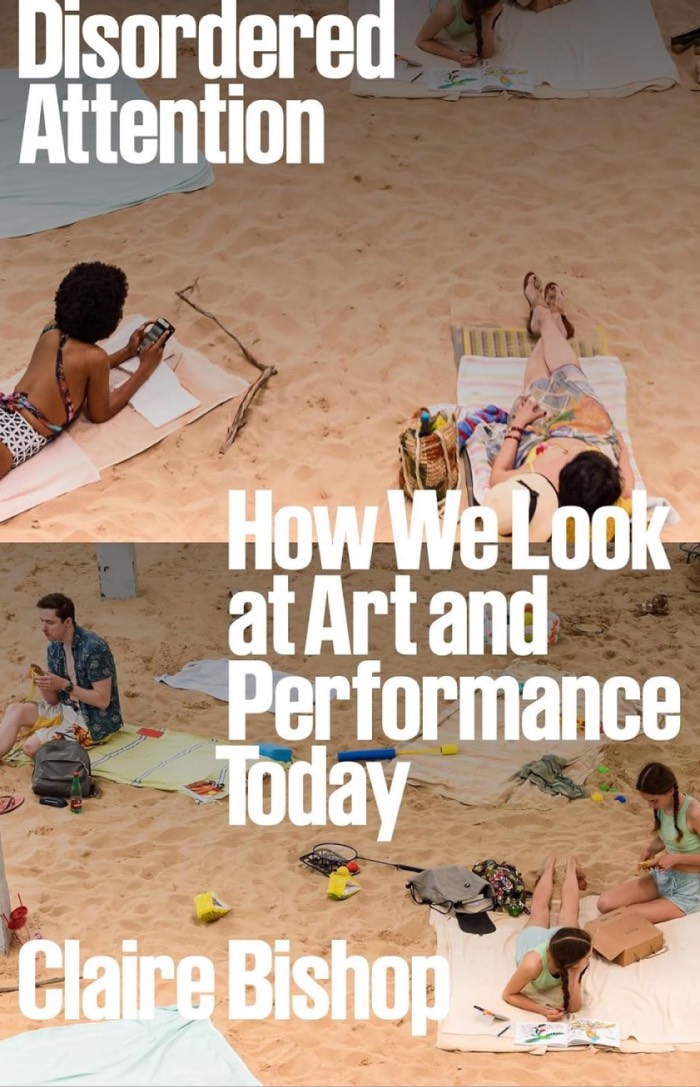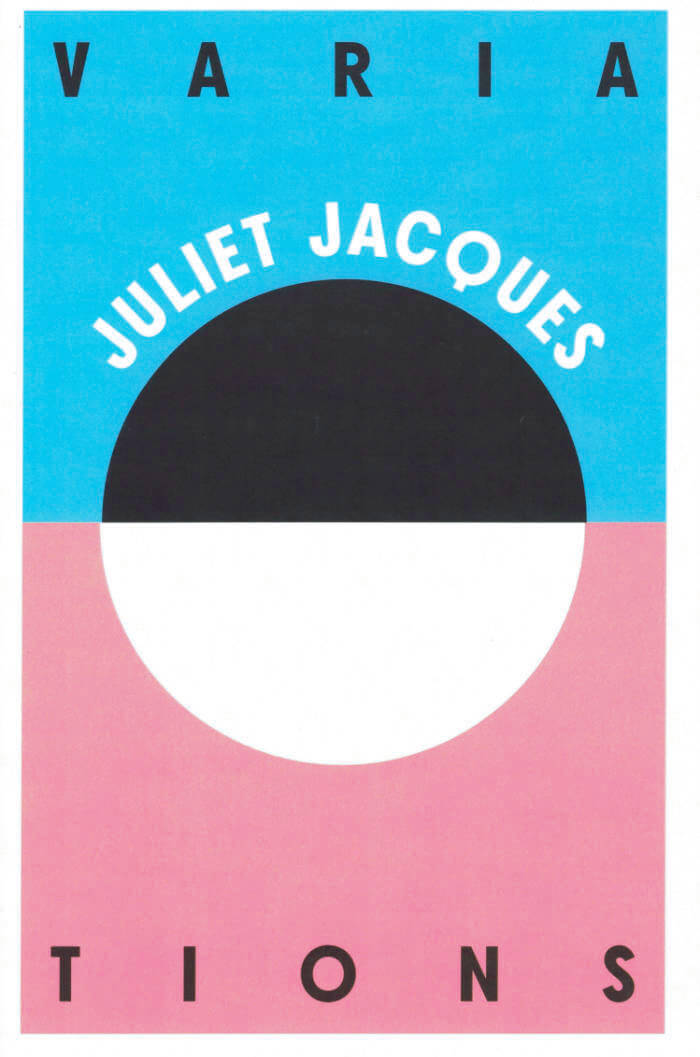
A Short History of Trans Misogyny
An accessible, bold new vision for the future of intersectional trans feminism, called "one of the best books in trans studies in recent years" by Susan Stryker.
Why are trans women the most targeted of LGBT people? Why are they in the crosshairs of a resurgent anti-trans politics around the world? And what is to be done about it by activists, organizers, and allies?
A Short History of Transmisogyny is the first book-length study to answer these urgent but long overdue questions. Combining new historical analysis with political and activist accessibility, the book shows why it matters to understand trans misogyny as a specific form of violence with a documentable history. Ironically, it is through attending to the specificity of trans misogyny that trans women are no longer treated as inevitably tragic figures. They emerge instead as embattled but tenacious, locked in a struggle over the meaning and material stakes of gender, labor, race, and freedom.
The book travels across bustling port cities like New York, New Orleans, London and Paris, the colonial and military districts of the British Raj, the Philippines, and Hawai'i, and the lively travesti communities of Latin America.
The book shows how trans femininity has become legible as a fault line of broader global histories, including colonial government, the sex work industry, the policing of urban public space, and the line between the formal and informal economy. This transnational and intersectional approach reinforces that trans women are not isolated social subjects who appear alone; they are in fact central to the modern social world.







